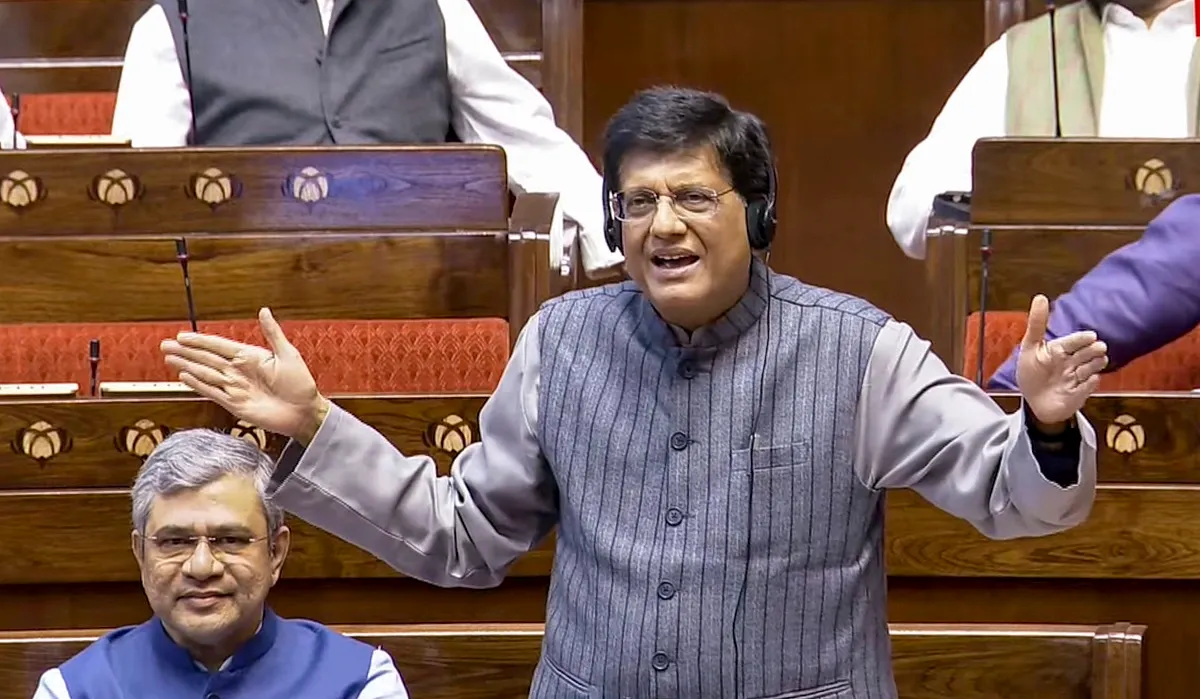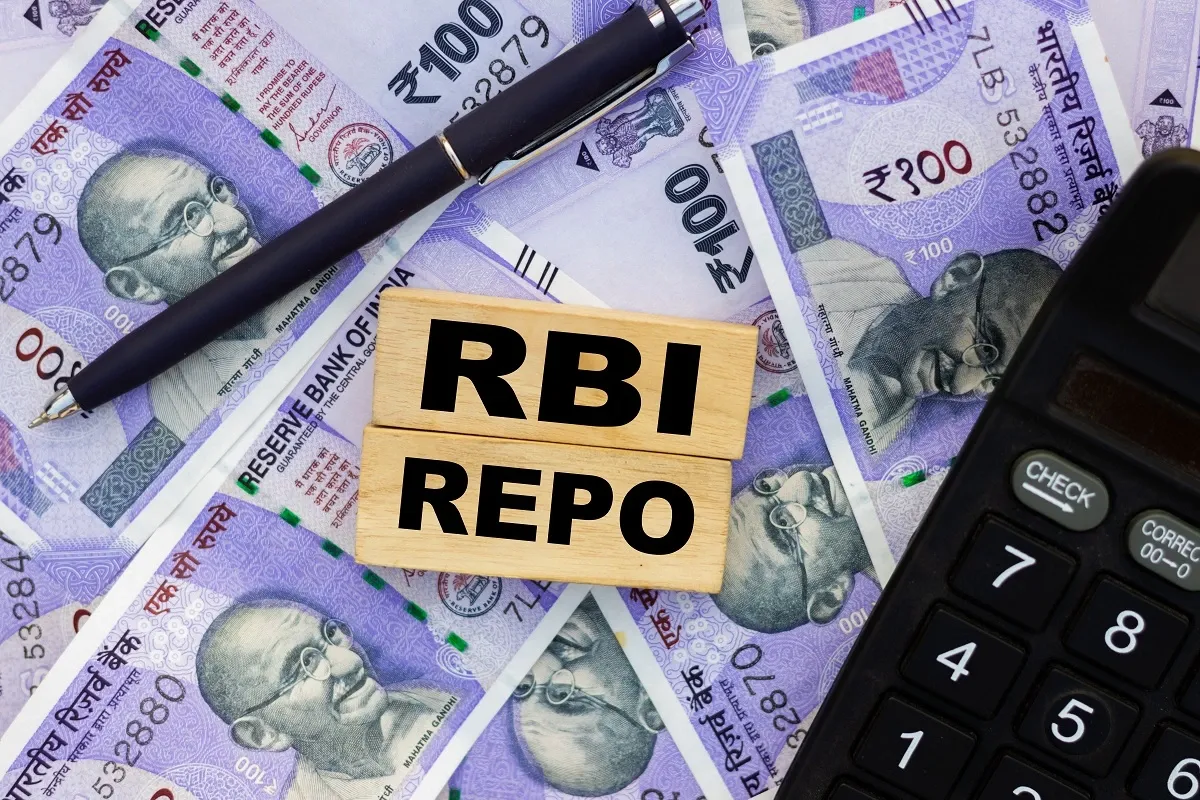Business News
Is India re-considering to join RCEP agreement? Piyush Goyal replies in Parliament
.png)
2 min read | Updated on December 06, 2024, 10:38 IST
SUMMARY
India is not re-considering its decision to stay out of the RCEP trade agreement, according to Commerce and Industry Minister Piyush Goyal's reply in Rajya Sabha.

New Delhi: Union Minister Piyush Goyal speaks in the Rajya Sabha during the Winter session of Parliament, in New Delhi, Friday, Dec. 6, 2024.
India has no plans to reconsider its decision to stay out of the Regional Comprehensive Economic Partnership (RCEP) agreement, Commerce and Industry Minister Piyush Goyal told the Rajya Sabha on Wednesday.
In a written reply, Goyal said India’s decision, announced during the 3rd RCEP Leaders Summit in Bangkok on November 4, 2019, remains unchanged.
"The structure of RCEP did not adequately address the ambitions and concerns of India’s stakeholders," he said, adding that the agreement in its current form did not reflect the RCEP Guiding Principles or address India’s outstanding issues.
"There has been no change in India's position since then," Goyal said.
The minister reiterated that India’s engagement with ASEAN countries and other trading partners would continue under the Act East Economic Policy, even as it stays out of RCEP.
RCEP, the world’s largest trade bloc, includes China, Japan, South Korea, Australia, New Zealand, and 10 ASEAN nations. India had initially participated in negotiations but opted out, citing concerns over potential adverse impacts on its economy, including fears of a surge in imports from China.
Goyal also shared data on bilateral export and import trade between India and China, which highlighted growing bilateral trade imbalance.
While India’s exports to China fluctuated between $15.31 billion (2022-23) and $21.26 billion (2021-22) in recent years, imports from China surged from $70.32 billion in 2018-19 to $101.74 billion in 2023-24.
The minister said the majority of imports from China include capital goods, intermediate goods, and raw materials essential for sectors like electronics, telecom, and power.
"The rise in import of electronic components, computer hardware and peripherals, telephone components, etc. can be attributed to transforming of India into a digitally empowered society and a knowledge economy," Goyal said.
"India’s dependence on imports in these categories is largely due to the gap between domestic supply and demand," he added.
About The Author
Next Story

